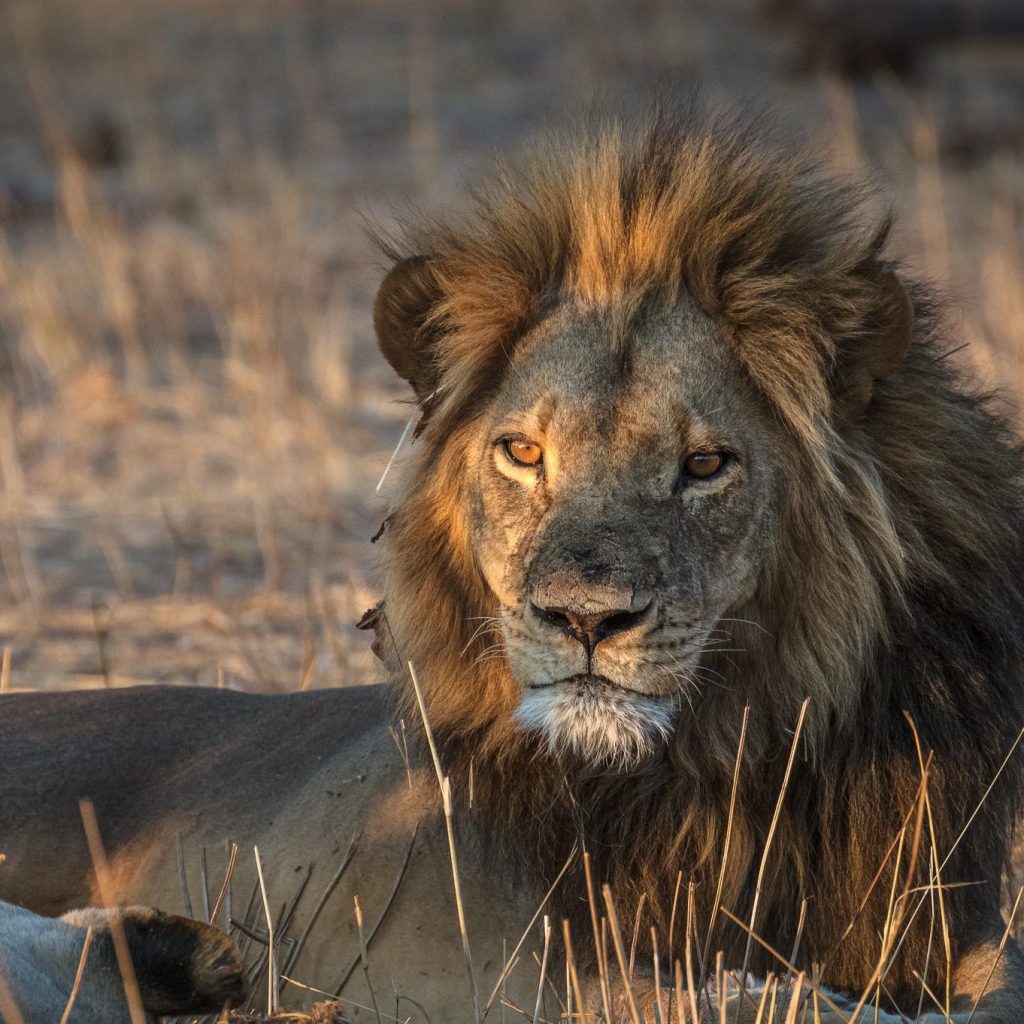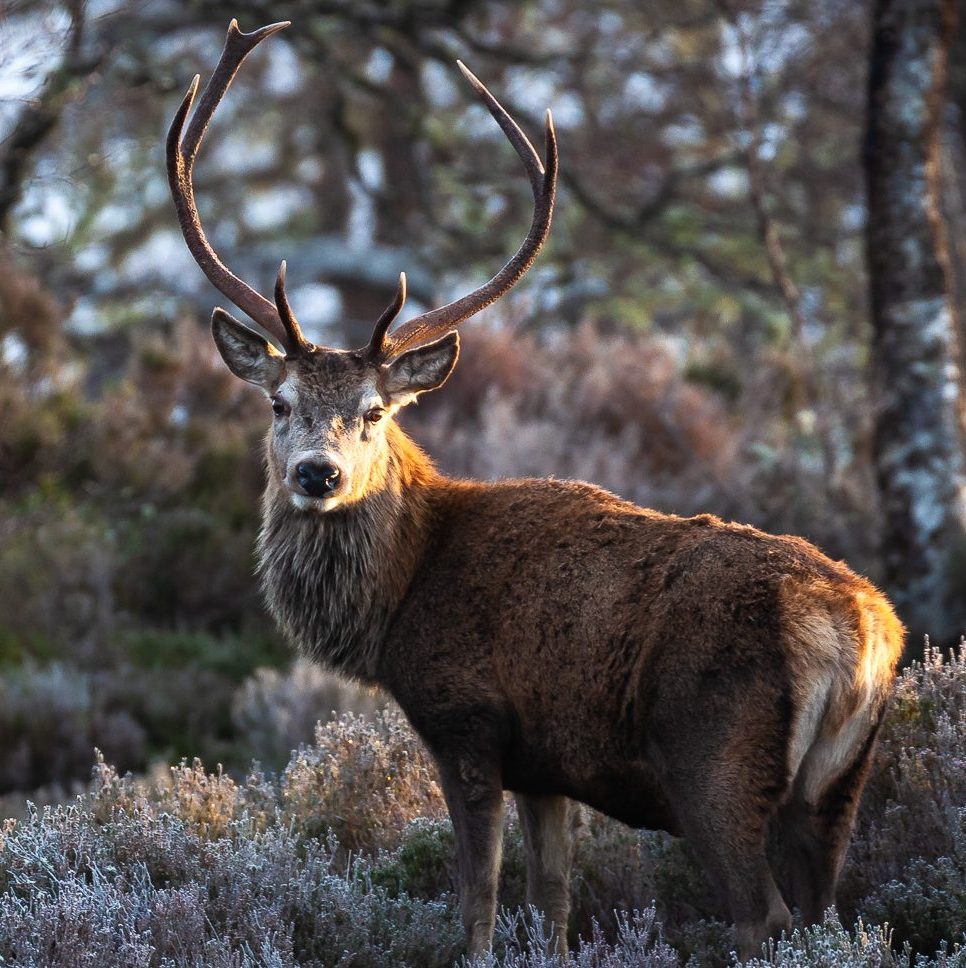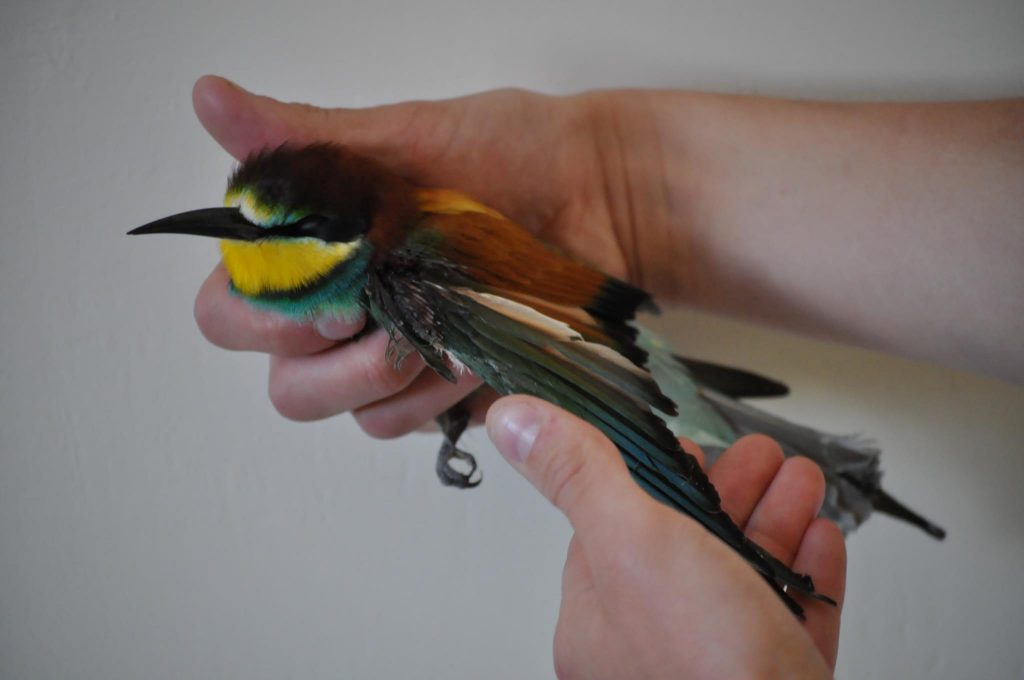Sports hunting is a controversial and emotive issue that can put wildlife watchers and hunters at direct odds with one another. Yet, optics companies are marketing their brand and the same products directly to these two audiences simultaneously.
You might expect the sector to be transparent or to take a definitive ethical stance. Many industries, like fashion and clothing, cosmetics, toiletries, household products and even food, clearly publicise their ethics and principles. This has led to a wider market and strong consumer desire for ‘ethical’ products, and several campaigns have fundamentally challenged the way that businesses operate. From battery chickens to testing cosmetics on animals, Fairtrade products to plastic and chemical-free toiletries, more and more consumers are demanding to know how their money is being spent behind the scenes. The ethics of the company, for many, are as important as the products. Human rights, environmental credentials, socio-cultural factors, animal welfare and more are driving consumer behaviour.
To date, the optics industry has largely avoided scrutiny
The hunting industry is powerful, both financially and politically. With big marketing budgets, including in pro-wildlife publications and online (like magazines, forums and websites), they are able to silence what should be a transparent, public debate. The threat of losing advertising revenue is too big a gamble for many publications to take; the issues, therefore, go undiscussed and unchallenged. At the same time, the influence of pro-hunting organisations can make it difficult for companies to speak out against bad practices.
Read more about the issues
In 2016, Ipsos MORI, a market research firm, was commissioned to conduct a British national poll exploring public opinion on a number of hunting activities. The British public favoured the continuing ban of fox hunting (84%); deer hunting (88%); hare hunting and coursing (91%); dog fighting (98%); and badger baiting (94%) in the Hunting Act.
Animal rights & welfare concerns
For strong advocates of animal rights, it is never acceptable to kill an animal or to glamorise the hunting of animals for sport. As a consequence, optics companies such as Nikon have become the target of consumer campaigns. In 2013, Viva! called for a boycott of all Nikon products (cameras, binoculars and scopes) until the company dropped its support for hunting. This boycott is still ongoing. Read more about animal rights and hunting here.
Environmental and conservation issues
There are debates about the ecological impacts of sport hunting and the future role of hunting in global conservation efforts. Many conservationists accept and even advocate hunting for food or controlling ‘problem’ species if there are clear conservation benefits for doing so, but issues like the Mediterranean songbird slaughter, bird of prey persecution in the UK uplands, driven grouse shooting and illegal fox hunting strike at a different, and more emotive, chord. Find out more here.
Sponsoring hunting activities
Companies that sell hunting optics are more likely to sponsor hunting organisations or initiatives. Research by Ethical Consumer highlighted that over three quarters of companies that sold multiple hunting accessories, also sponsored hunting organisations whose mission statements included “protecting hunters’ rights”. 59% were members of hunting and conservation organisations such as The Boone and Crockett club, Whitetails Unlimited and Safari Club International (SCI). A number of companies are also engaging new audiences with hunting through education programmes, competitions and sponsorship of TV shows. These schemes fuel an ongoing culture of hunting and fail to discuss the ethics of killing animals for sport. You can find out more about activities like trophy hunting here.



